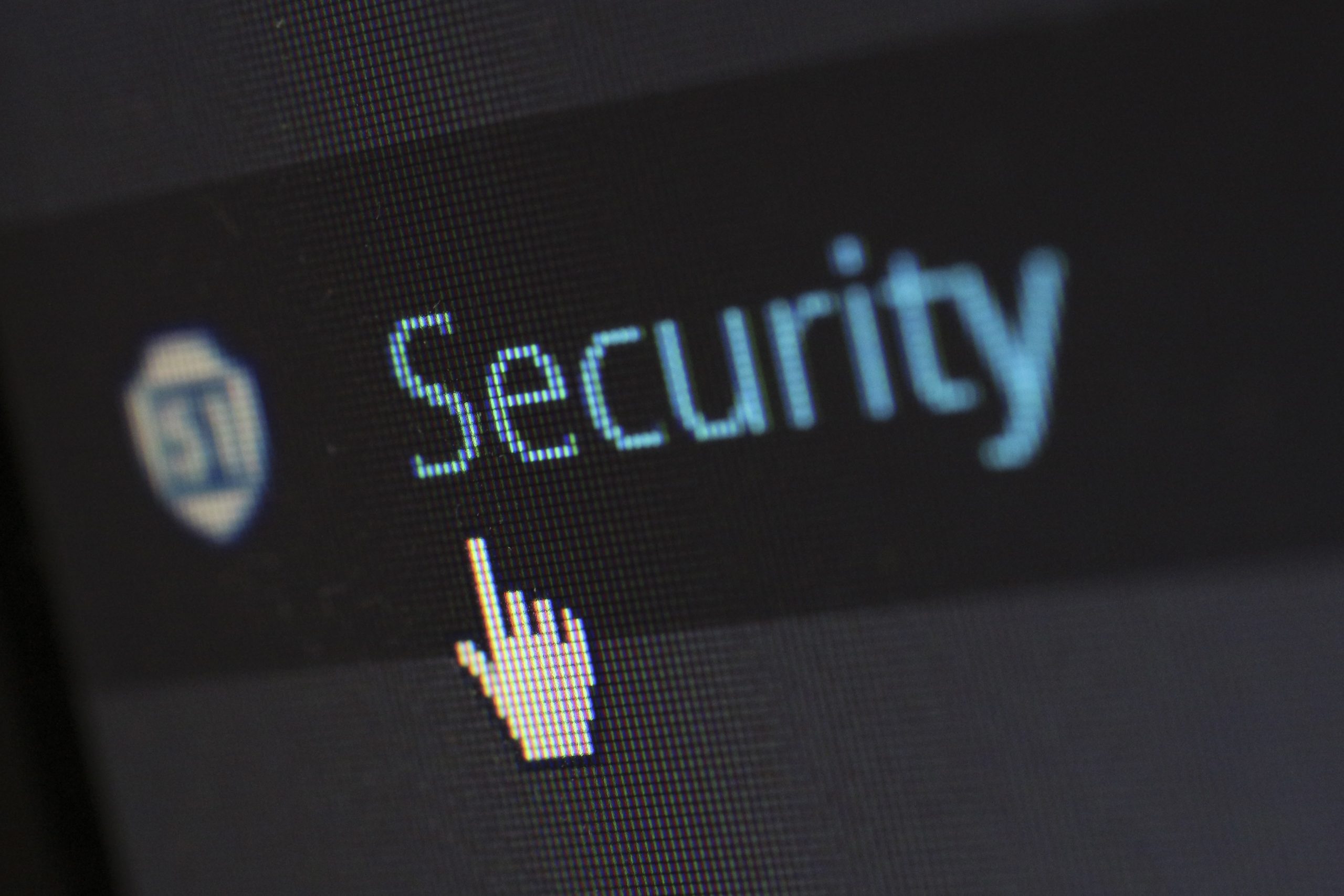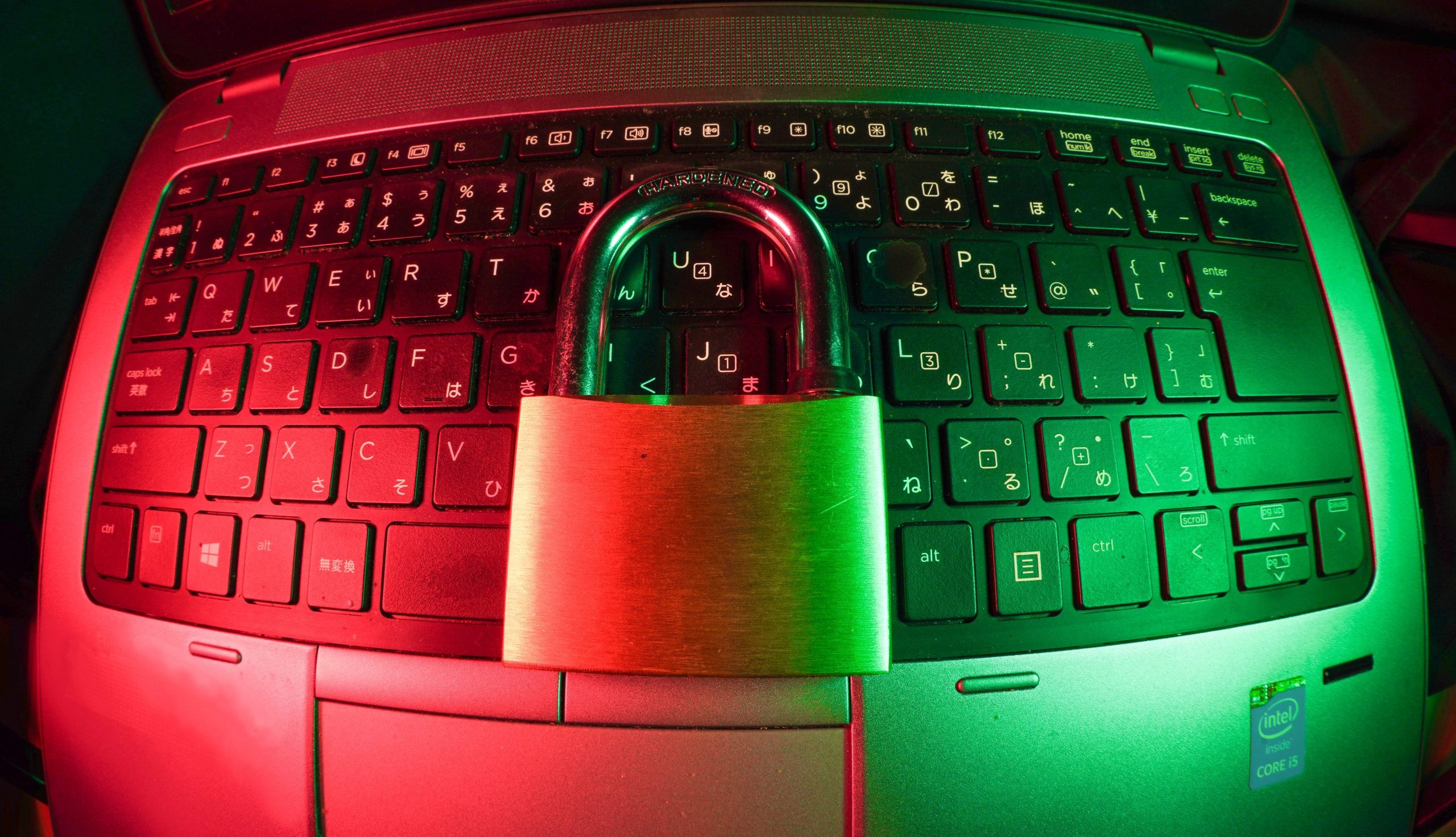Website security is certainly one of the most important things to consider when running a site or online business. Recent studies have shown that websites get about 100 hacking attempts every single day. This shouldn’t be surprising, given the recent headlines on cyberattacks.
It is especially important to consider your website security if your platform holds sensitive information about your customers. Failing to secure the site properly can lead to lawsuits, serious business delays, and even the loss of finances. So, how can you ensure that your website stays secure? Let’s find out.

Choose a Reputable Domain Registrar
The first step is to choose a domain registrar with a solid reputation. The registrar is simply the company that manages registration of domains. Because of the large number of such companies, it is essential to do your due diligence before you pick a domain registrar. If you don’t want to dig too deep, you can consider picking known and reputable companies. For example, you can be certain you won’t go wrong with a domain name from IONOS. Make sure the company you pick offers free SSL for safe data transfers. Lots of customers won’t even open websites that don’t have an SSL certificate as these are known for being extremely insecure. For extra security, you should also get private registration.
Integrate 3D Secure Protocol
If your website handles online payments, you will need to use 3D secure protocol to authenticate credit and debit card transactions. This extra layer of security protects businesses and consumers from fraud. With this technology, the owner of the credit card will be prompted to authenticate transactions with a one-time password that will be sent to their mobile devices. In some cases, they will also be able to use fingerprint or facial recognition.

Integrate Fraud Detection Tools
Fraud detection tools can prevent unauthorized transactions and prevent financial losses. They come in many different forms. The most common ones are rules-based systems, behavioral analysis tools, machine learning tools, and biometric authentication. If the tool identifies suspicious behavior, it will allow you to block them from your site. It also gathers information on malicious users so that you get a full picture of the individual’s risk.
Back up Your Site Regularly
Backing up your website will ensure that you have a copy of your website’s file and data. These files will be stored separately from your main site. In case of unexpected events like data breaches, you will be able to use a saved copy of your website. As an extra advantage, backing up your site will give you some piece of mind and let you focus on other important aspects of your business.
Conclusion
Protecting your website involves more than just cybersecurity; ensuring content authenticity is equally important. Utilizing AI detector support helps filter out AI-generated text, keeping your site’s content trustworthy and reliable.
As a website owner, you can’t neglect the security of your site. There are several steps you can take to make sure your site stays secure. First, you have to make sure you use a domain from a reputable registrar. You should also integrate 3D secure protocol and fraud detection tools. It is also essential to back up your site regularly in case of a data breach or similar unexpected events.
